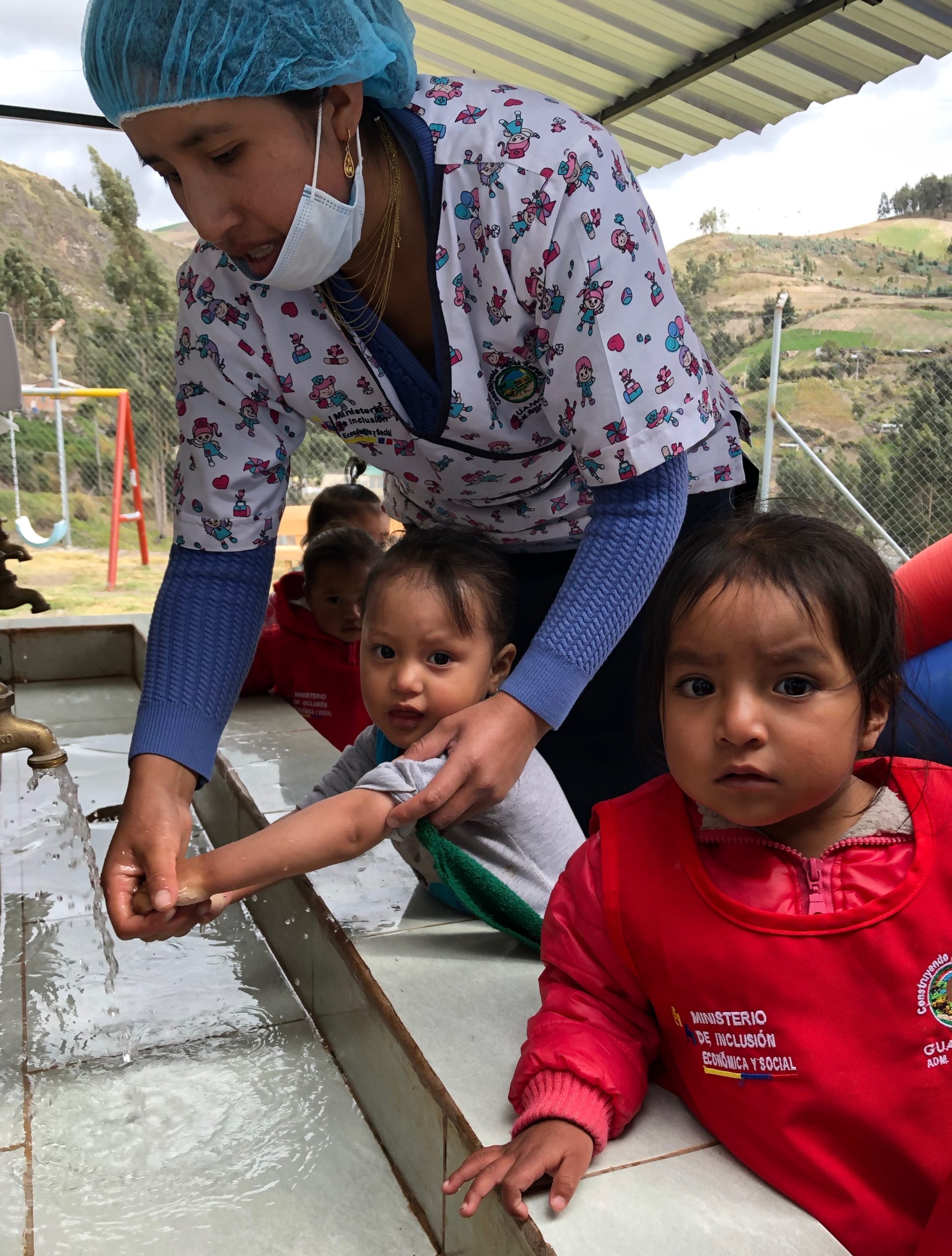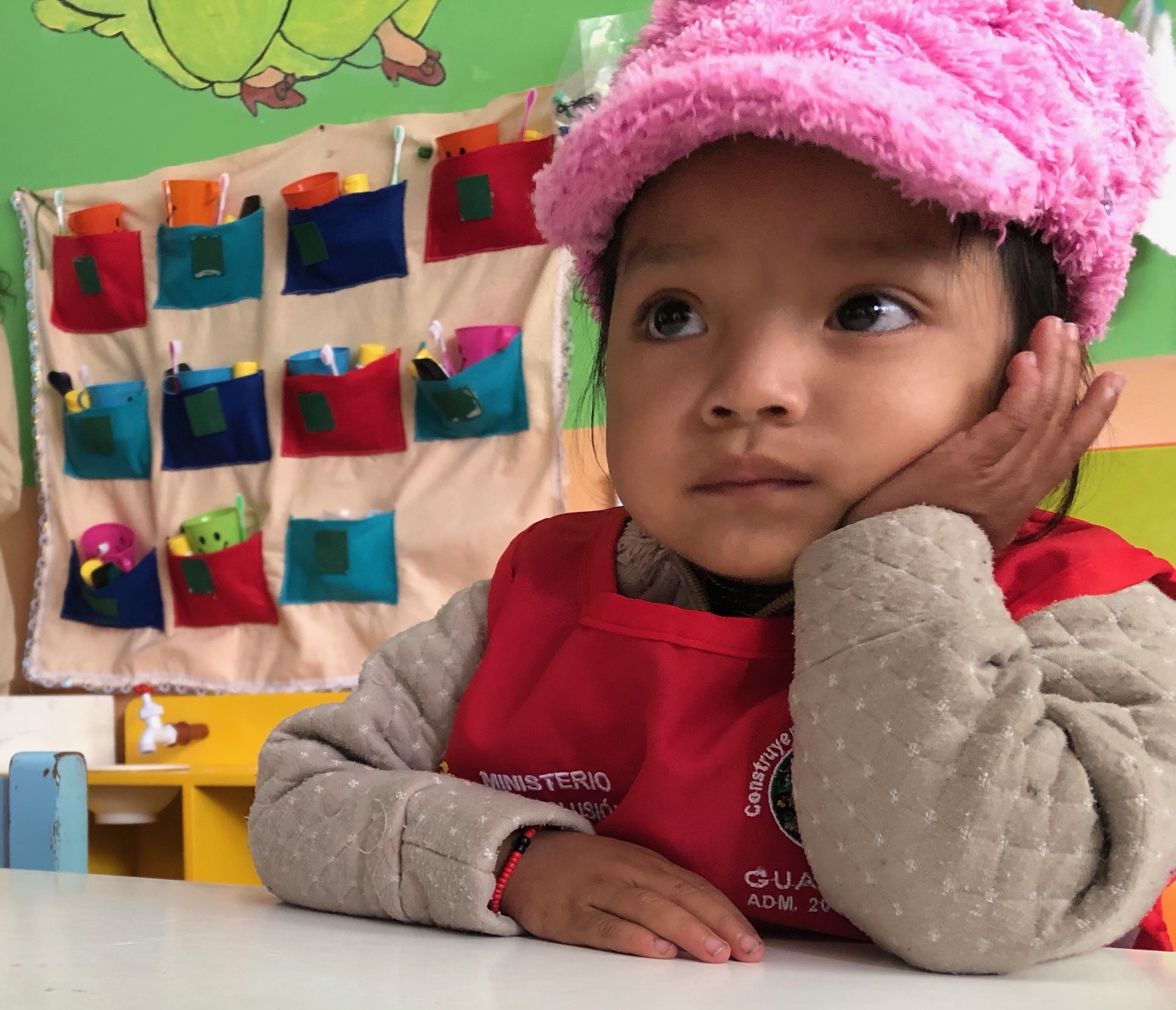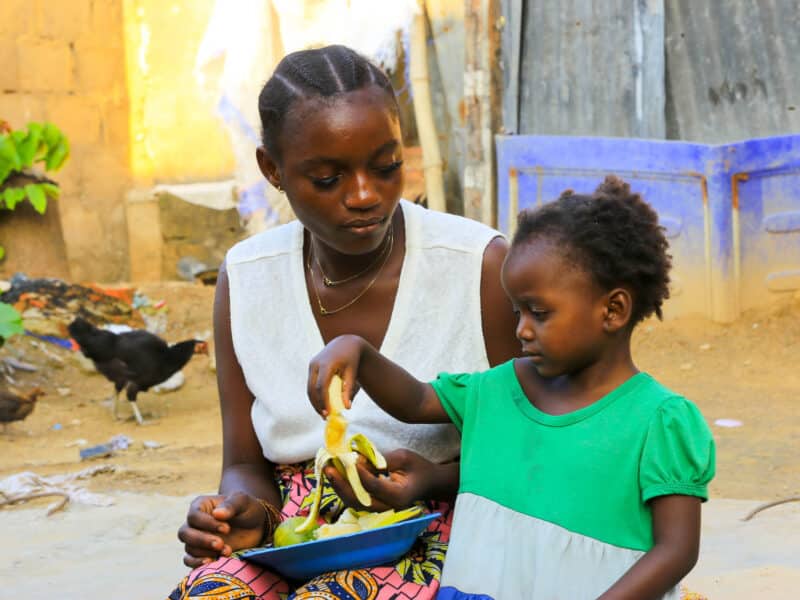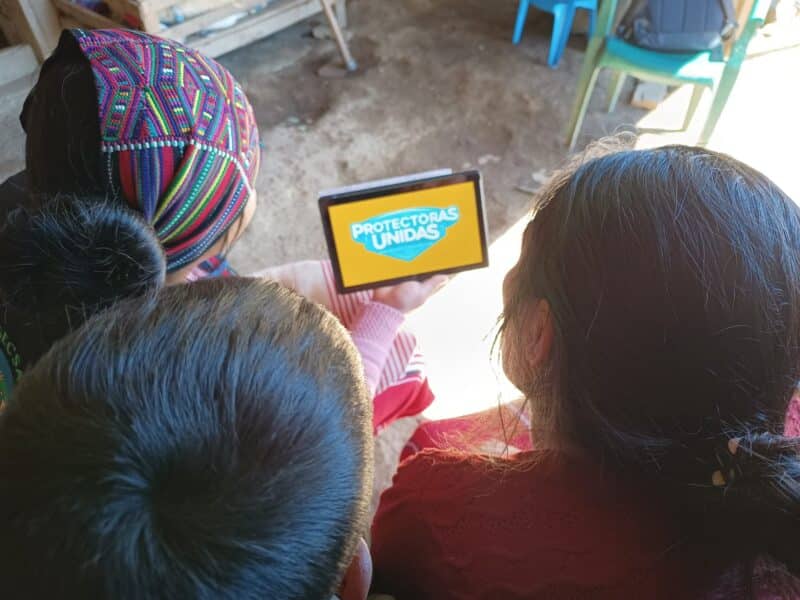The first 1,000 days of a child’s life blaze the path for everything that comes next. It’s a crucial time for brain development, to receive proper nutrition, bond with parents in a loving safe way and meet scores of key milestones on the journey to a successful future.
But what is the best way to communicate the vital importance of those first three years to parents – and create an environment that enables parents to learn and use that information to help their children?
For decades, the Bernard van Leer Foundation has funded scores of early childhood development programs in Europe, Asia, Africa and South America. Many of them have had success.
Now, the foundation has teamed up with the Johns Hopkins Center for Communication Programs and Busara Center for Behavioral Economics to find new ways to ensure those programs make a transformational impact. They are using tailored approaches designed to create social and behavior change for the youngest children and working to understand cultural or societal reasons why some tactics may have been less successful in the past.
“We are taking a step back to ask, ‘How do parents make the many decisions regarding what is best for their infants and small children?,’ which can help us understand why some programs work to promote breastfeeding or proper nutrition and others do not,” says CCP’s Anna McCartney-Melstad, who is leading some of the work with the foundation. “It’s a strategic thought process every program can benefit from.”
So far, CCP has advised foundation projects in Cote d’Ivoire, Peru, Brazil, Ecuador, Colombia, Israel, India and the Netherlands, where the foundation is based.
The early childhood development arena is a new one for CCP, but one that can benefit from the science behind social and behavior change communication (SBCC).
“It’s one of those spaces where there’s a great need and people don’t understand how SBCC can be used to make a real difference,” says Susan Krenn, CCP’s executive director. “There’s a lot of value we can add.”

Photo: Patricia Poppe
In Cote d’Ivoire, where McCartney-Melstad is based, formative research is being conducted to better understand how to change parental behaviors around infant nutrition, stimulating play such as singing to children and engaging with them, and positive discipline.
What the Cote d’Ivoire team is learning, however, is that “parents’ use of negative or positive discipline for small children is very complicated,” McCartney-Melstad says. “It’s influenced by a number of factors including social norms around parenting, what behavior brings families pride, the influence of grandparents and the belief that they as parents can use positive discipline effectively.”
Those factors will have to be addressed with new and existing SBC approaches, she says. Meanwhile, many programs have been directed at parents, yet the research shows that grandparents are also instrumental in the micro-decisions around raising infants and small children. She says more programming directed toward the older generation as well.
In Brazil, Ecuador and Perú, CCP is supporting Bernard Van Leer Foundation partnerships with public and private sector institutions to strengthen interventions aimed at a holistic development of children in early childhood. Behavioral research is been conducted to fully understand motivations and barriers of caregivers to adopt recommended nurturing and emotional bonding practices while fighting chronic malnutrition and anemia. Based on the study findings, the country teams will engage in developing strategic programming and implementation to increase caregiver-child interaction and improve their overall health status.
In India, the Ministry of Health and Family Welfare has identified cognitive development in early childhood as a priority and CCP is helping design branding and elements of a national SBCC campaign to bring attention to the need for responsive parenting in addition to good nutrition. The first element was a film that CCP contributed to and helped pretest with the intended audiences.
CCP also supported the foundation’s Urban 95 program in three Indian cities – Udaipur, Bhubaneswar and Pune – helping them incorporate social and behavior change communication into the initiative. The program is called Urban 95 because 95 centimeters is the average height of a healthy three-year old child and under this program, cities are striving to create child-friendly spaces and opportunities where toddlers can safely play, explore and learn in a way that helps with their cognitive development.
“There has been increasing evidence that investing in early childhood development can translate to better health, greater ability to learn and work with others and higher incomes in adulthood,” Krenn says. “By looking at these issues through a behavioral lens, we hope that children will reap even greater benefits.”





